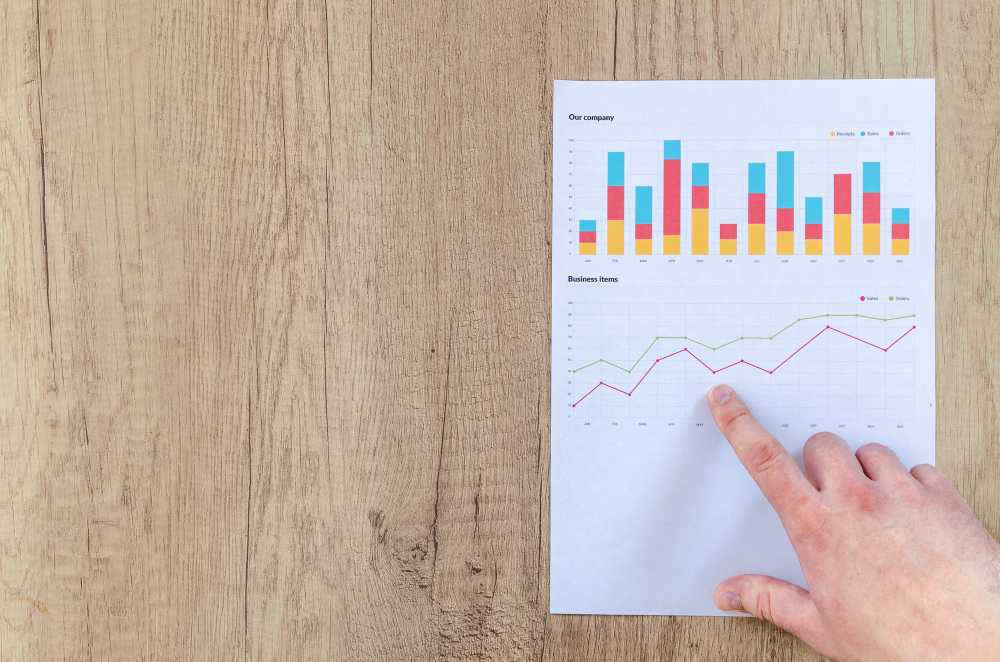Here at Outible, we like to keep our finger on the pulse of everything happening in the digital marketing world to be able to bring you all of the latest knowledge, updates, and innovations.
One thing we’ve noticed over the last few years is the increase and dominance of paid digital marketing over organic digital marketing. Paid marketing is considered the more seductive of these two types of digital marketing – it offers quick results by pushing ads and content directly to your target audience, whereas organic marketing requires a bit more waiting and hoping that your content will reach the same audiences.
It’s not always so straightforward, though. In our opinion, organic marketing is very important for all businesses and shouldn’t be overlooked. Keep reading for our reasons why.
Organic Marketing
If you’re new to digital marketing, organic marketing could be loosely defined as any marketing you don’t directly spend money on. Blogs, search engine related content (SEO), and social media are the three core pieces of organic marketing.
Organic marketing is typically used to foster brand voice, create genuine interactions with customers, convert blog readers with educational information, and push traffic to your conversion pages. Honesty is our main policy at Outible, and we’re happy to admit that this blog post you’re reading now is part of our organic marketing strategy. We provide you with educational content, and you learn about our business in turn – all in the hope that you may choose to use our services in the future.
It’s the same for all businesses. Every month, for example, a business will publish a range of blog posts that have been carefully optimised for SEO and which also target the subjects your customers care about. The business will share these blog posts via social media, web-news outlets, and their own website to be indexed by search engines. You can then analyse the traffic to these posts to see which ones are most popular and driving most traffic. The data from this analysis is invaluable to a business’s future marketing strategies.
In short, organic marketing is all about your content being natural, genuine, and based on value. As previously mentioned, it may take a while for your natural content to come to fruition. But good things come to those who wait. In our experience, brands that take their time to build themselves up do better in the long than those that explode onto the scene.
Paid marketing is simply all about driving large amounts of sales. Take an independent Amazon seller, for example. Building their brand is not as important, because they sell under the name of Amazon. The seller would be better off using paid targeted marketing to get people to their product pages and then convert. It’s a crude but effective tactic.
We’re not exactly here to bash paid marketing, though. Let’s break down paid marketing into more detail and then compare the two.
Paid Marketing
Quick, straight to the point, and often instantly effective, paid marketing allows businesses to target their customers directly. Being ‘direct’ means you can place ads and other content in places where your target audience is guaranteed to see them. Organic marketing means you have to wait for your content to be seen or wait for it to be indexed highly by SEO.
Each ad points to a product page, a landing page, or somewhere that has potential to convert. As the name of paid marketing would suggest, businesses spend money on ads to drive actions like ROAS and ROI, sales goals, and testing goals to see what works.
For an example of paid marketing, take a business that has to hit certain goals in a short amount of time – say 10 weeks. Organic marketing is unlikely to hit those goals in that amount of time. Paid marketing will allow you to set out trial ads for maybe five weeks to be tested. After that, you can refine the structure and targeting of the ads to make them even more effective for the remaining five weeks. This type of paid marketing also produces valuable data – total amount spent, return on ad spend, and more.
Organic vs Paid
To summarise, organic marketing is useful for businesses who are looking to build a brand and who have the time and resources to wait. Paid marketing is good for businesses who may not need to build a brand and want to sell quickly and directly to customers.
Why do we think paid marketing has become so popular in recent years? Business is all about results at the end of the day, and with paid marketing you can get those results fast. This is especially true in the modern day as well, where everything is rapidly becoming a source of ‘instant gratification’.
Here at Outible, it’s our opinion that it’s best to get a mix of both organic and paid marketing,
especially for new businesses. Once you’re on your feet and you have some income, try focusing on organic marketing to start building your brand for the future. When done right and after an extended period of time, organic marketing can generate a supply of loyal traffic that will rival that of paid marketing. Organic marketing is all about fostering top-level brand equity and authority and trust with your customers. You’re not just driving sales – you’re trying to engage and educate your target audiences.
Even if you are a business who is more interested in quick and easy sales, it will never be a bad thing to build a brand. It might take a while to build the brand, but it shouldn’t be too much effort to write informative blog posts and web content about what you do if you know your business inside-out.
Get In Touch
We hope we’ve shed some light on why organic digital marketing is so important. If you have any questions, or if you’re interested in our digital marketing and Liverpool web design agency, get in touch now for a friendly chat.


